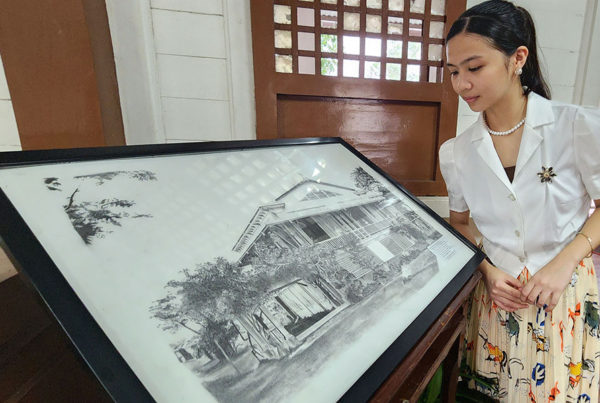10 cases suspected; leptospirosis claims 2
CHIKUNGUNYA / LEPTOSPIROSIS ALERT
LINGAYEN—Ten suspected cases of chikungunya have been reported in the province, but only one has so far been found positive, according to the Provincial Health Office (PHO).
The suspected chikungunya cases were from San Fabian, Bayambang and some western towns.
Dr. Anna de Guzman, provincial health officer, said last week that the single positive patient based on a confirmatory test done by the Research Institute for Tropical Medicine (RITM) was a 12-year old girl from Sual.
In June, three blood samples extracted from patients suspected to have been affected by the mosquito-borne disease similar to dengue were sent to RITM and tested positive.
In July, seven samples were sent for confirmatory test to RITM and the results are still pending.
The PHO earlier issued a warning against chikungunya even before a suspected case was reported.
“We raised the alarm because the vector, the Aedes mosquitoes, is the same that carries dengue,” De Guzman said.
For both chikungunya and dengue, the symptoms include severe painful joints, rashes, fever, nausea, and vomiting.
But unlike dengue that is deadly, chikungunya does not reach a hemorrhagic stage.
De Guzman advised patients who have been experiencing fever for two days to see a doctor.
She also reiterated calls for the maintenance of clean surroundings to avoid mosquito breeding grounds.
LEPTOSPIROSIS
Meanwhile, the Pangasinan Provincial Hospital (PPH) based in San Carlos City also raised the alarm for leptospirosis after two farmers were reported to have died from the water-borne disease.
Dr. Karlo Marco Orduña, chief of clinic at the PPH, advised Pangasinenses to avoid wading through floodwaters, especially if they have open wounds.
The first casualty was a 36- year old from Calasiao while the other one was a 38-year old from San Carlos City. They died on July 25 and 30, respectively.
Both were found positive of leptospirosis through blood sample extractions but sought hospital confinement too late as they were already in serious condition.
Another farmer from Mangatarem who also suffered from leptospirosis survived due to early medical attention sought, Orduña said.
All three farmers had fungal infection on their feet with open wounds and waded through waters in the rice field where rats urinate.
The doctor said they experienced fever, muscle aches, jaundice, and renal failure, among others.
Orduña also warned those working in piggeries with no proper feet protective gears or students who wade through water in canals, especially when there is stagnant water which are susceptible to infection transmitted to humans by animal urine through unhealed breaks in the skin, the eyes or mucous membranes.—Eva Visperas







